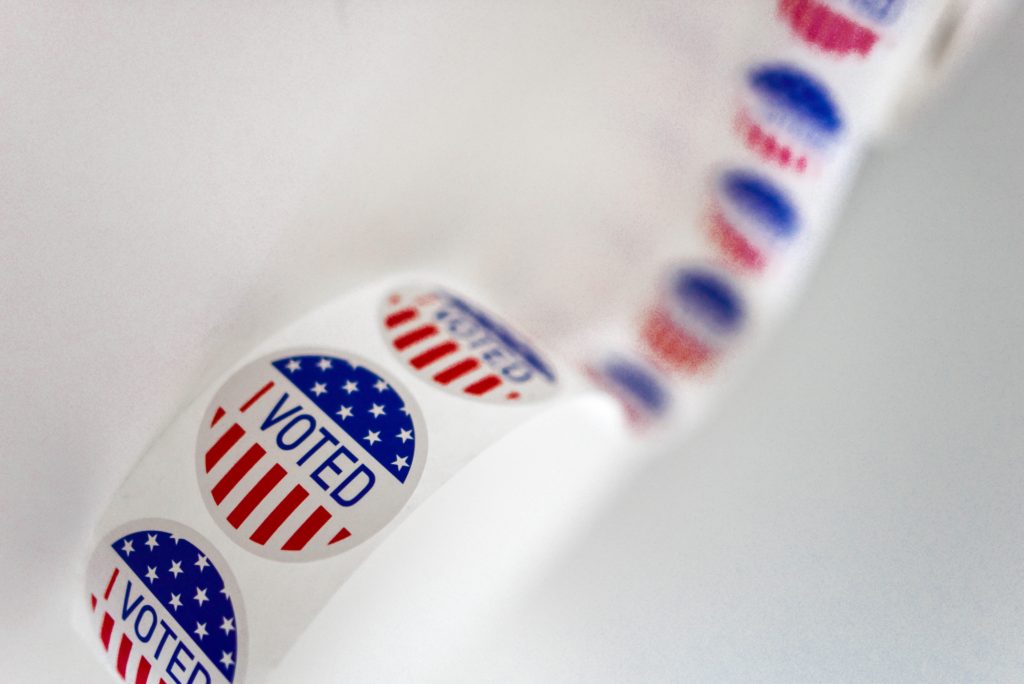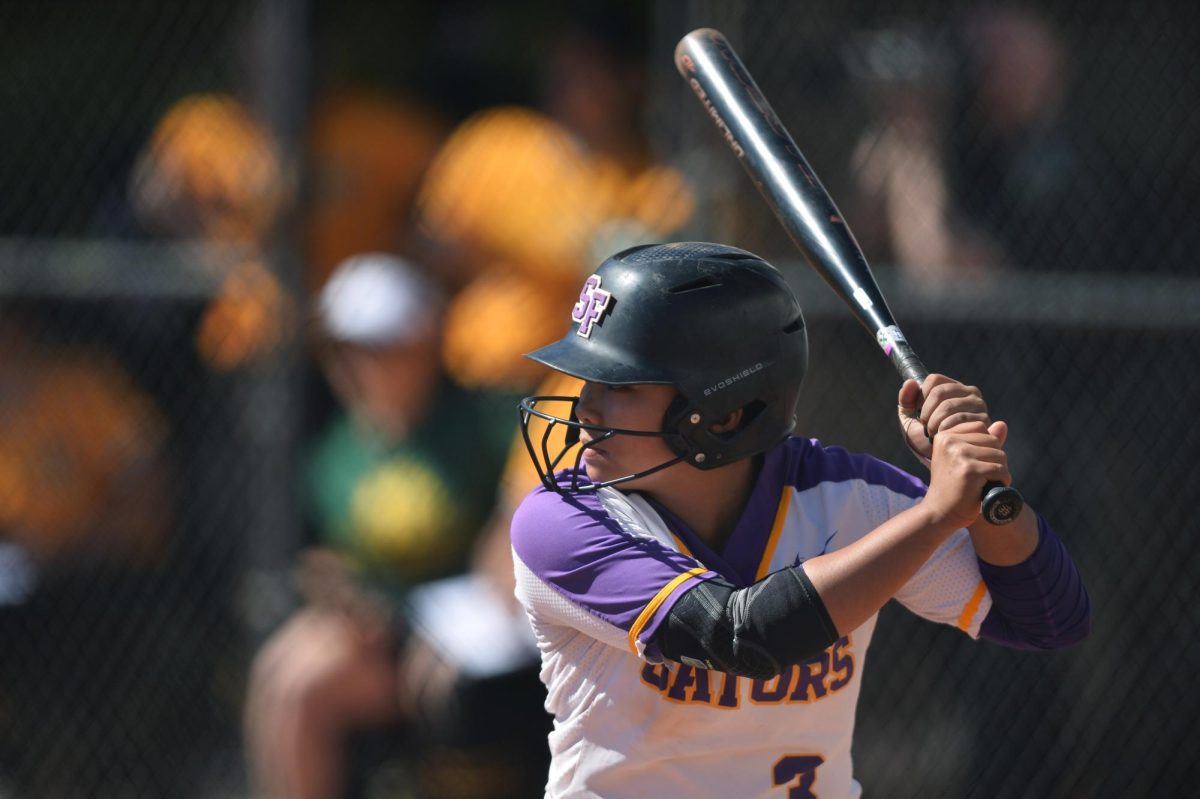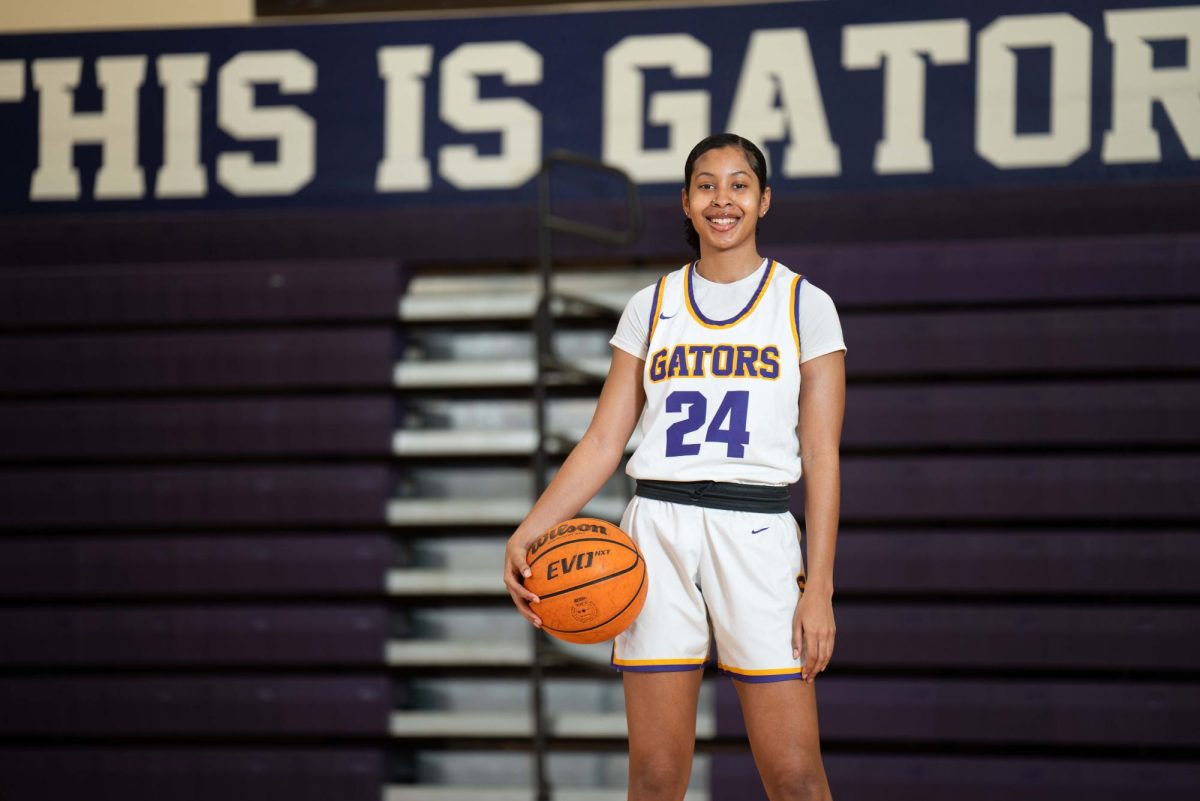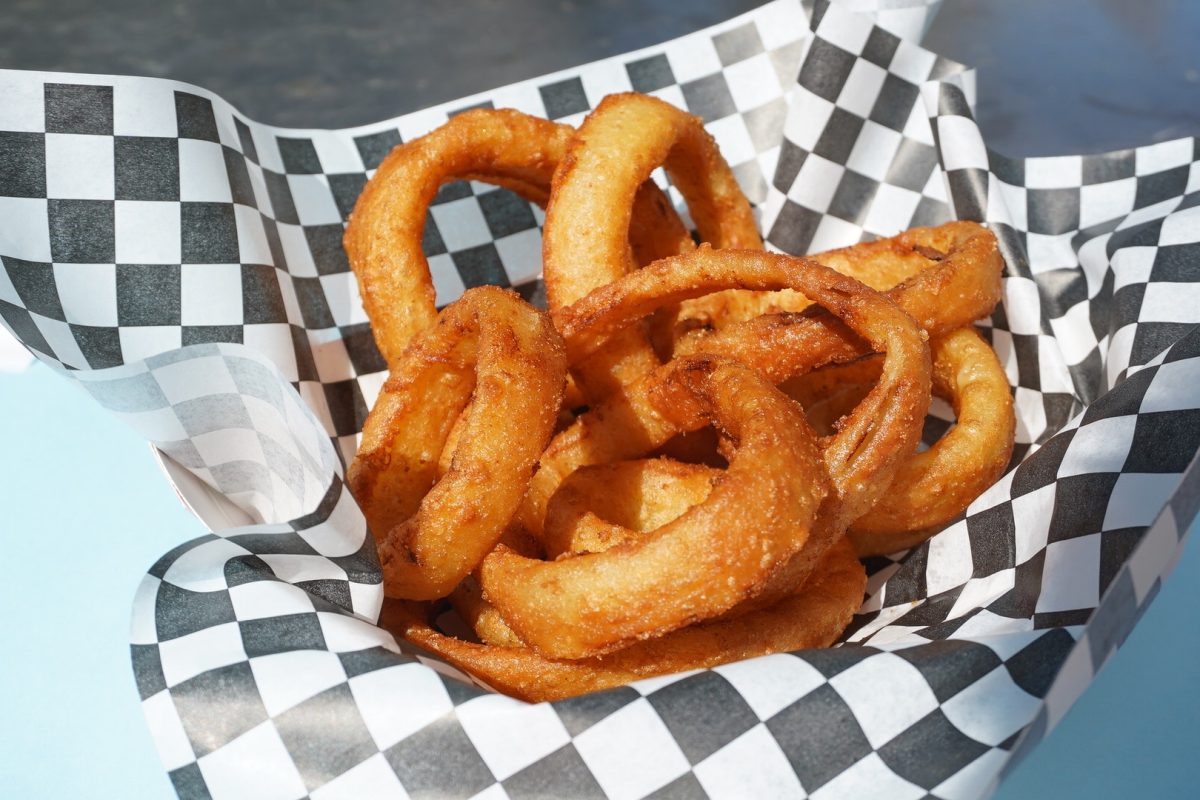In light of President’s Day, candidate announcements for the 2020 presidency continue to grow. Over 523 candidates have filed to run with the Federal Election Commission, 13 of those candidates being elected officials or notable public figures that have caught the eyes of the media and
social groups. Among them is President Donald Trump, running for re-election, Julian Castro, the 2012 Democratic National Convention keynote speaker who dubbed himself the “Latino Barack Obama,” and six fearless women. A groundbreaking moment for U.S. history. Or shall we say ceiling-breaking moment.
What began with Hillary Clinton in the 2016 Presidential Election has gone above and beyond to break the tumultuous, mundane repetition of male presidents, recognized as the anti-Trump era.
Sen. Elizabeth Warren, D-Mass., led the race of female candidates on Jan. 9, followed by Tulsi Gabbard, a representative from Hawaii, Sen. Kirsten Gillibrand, D-N.Y., Sen. Amy Klobuchar, D-Minn., Marianne Williamson, a lecturer and author of four New York Times bestselling books, and Sen. Kamala Harris, D-Calif., the first female African-American candidate.
Harris, an Oakland native and former district attorney of San Francisco, is leading the pack of female candidates in possibly securing the Democratic nomination. However, as a woman of color, she has already caught a glimpse of the trailblazing heat prompted by public scrutiny and a sexist press, as Harris’ blackness is challenged again after a mix-up in an interview on the popular morning-radio show The Breakfast Club.
It’s hard not to forget the email scandal that bombarded Clinton’s campaign in 2016 and the petty hate focused on her style choices rather than her progressive ideas. Despite Clinton’s qualified experience as a well-rounded candidate, similar to the other female candidates running for president in the upcoming year, it will be an exasperating campaign attempting to gain equal respect as their male counterparts.
These six women must brace themselves for a whirlwind of low blows and controversial moments that are systematically created to
tear them down.
Studies have shown that the media’s pervasive power to create unconscious sexist biases in viewers has been happening for decades, specifically in politics, due to a trend of influences stimulated by gender misrepresentation and sustainment of gender stereotypes. Our cultural biases have allowed for the indisputable agreement that men and women should be held at different standards when regarding leadership roles. The
irrational idea that men are better suited for power and are more competent in running a country because of their ability to be more emotionally stable is unconsciously built into many of us.
In Florida, Dr. Cecilia Hyunjung Mo, an assistant professor of political science at Vanderbilt University, conducted a study with the help of the Implicit Association Test, a social psychology assessment that allots the strength of a person’s hidden attitudes and biases, to test if pairing conventional male or female names and images with words such as “leader” or “assistant” would affect candidate quality. Her findings revealed that our unconscious roots and automatic associations with viewing genders differently is verifiable.
“In general, even those that report to have very egalitarian views or even feminist views of the world, when they were taking this test … are struggling to really associate women with leadership roles. Those struggling with the test often chose the male candidate over the female candidate when I intentionally set it up for the two candidates to be equally qualified, same education level, same experience level,” Mo said.
Not only do we scrutinize female candidates against their male opponents, but often feel the need to ask if these women are “womanly enough.” Take for example the unnecessary criticism on Clinton’s pantsuits. In addition, the media and voters seem to overlook the political aspect
of candidates so much that they obsess over minor details, such as if Harris is “black enough.”
Society has sabotaged women’s ability to become leaders of this country for too long. Of course our first female president should happen at the right time, but as a society, we should not be nitpicking every fault in every female candidate that runs for presidency. With 45 previous male presidents, this correction is long overdue. It’s time to realize that women are enough. That enough is enough,period.










